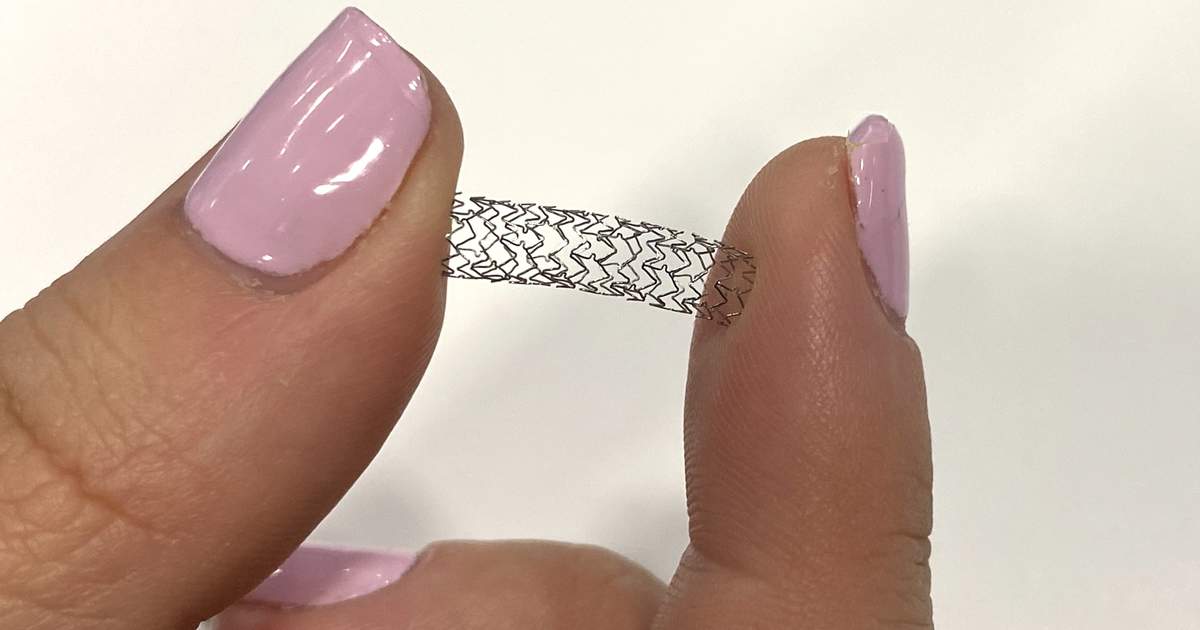Cardiovascular
‘More dangerous than useful’: 1 in 5 coronary stents implanted by cardiologists are unnecessary, wasting $800M per year
Patients receive unnecessary coronary stents during percutaneous coronary intervention (PCI) procedures at an alarming rate, according to a new report from the Lown Institute.
The analysis included approximately 1 million stent procedures performed at more than 1,700 U.S. hospitals and outpatient facilities from 2019 to 2021. Stents were deemed unnecessary if the patient was diagnosed with ischemic heart disease at least six months prior to undergoing PCI and they did not visit an emergency department or present with unstable angina or myocardial infarction within two weeks of the procedure.
Overall, the authors determined that heart patients received 229,000 low-value coronary stents during the three years of the study. That translates to 22% of the total number of stents implanted during that time, or approximately one every seven seconds.
The Lown Institute estimated that these low-value stents wasted up to $2.44 billion, or $813 million per year. The report also listed several significant side effects associated with PCI, including perforation, dissection, stent embolization, stent thrombosis, bleeding events and kidney damage.

